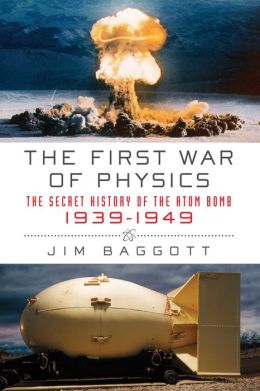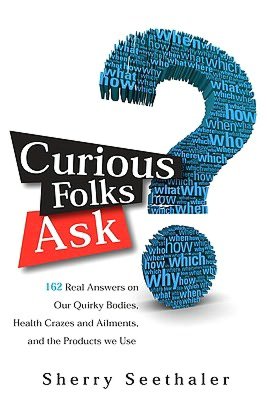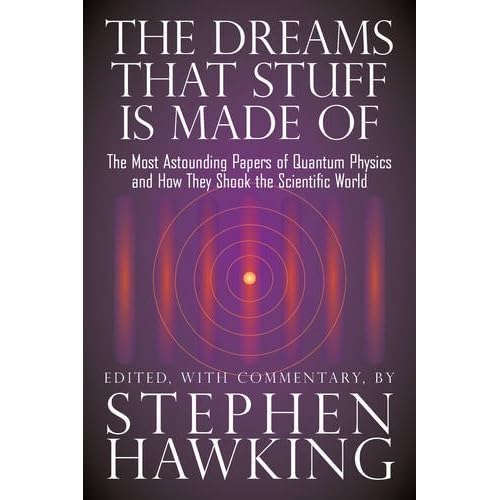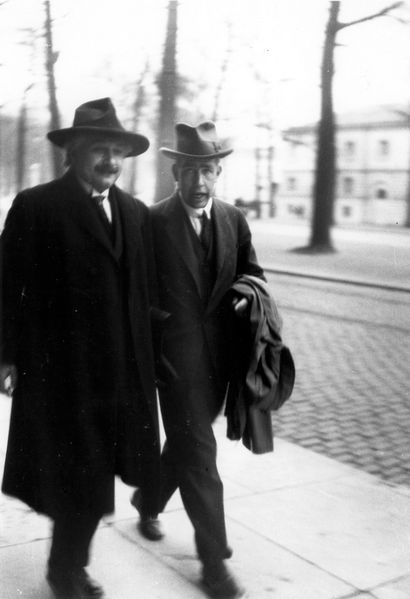Hey folks, once again we have another brand new science documentary on Science Channel. The new show called "Dark Matters: Twisted but True" focuses on strange and twisted corners of science throughout the history.
So since the 1st episode has already aired let's check out how this science shows holds up. The first episode was about the secret Philadelphia experiment, secret Soviet experiments on apes and humans and the invention of the electric chair. I have to be honest I was hoping for a nice serious science documentary, but when I heard what the first episode will include I kind of lost hopes in this show. After all, what kind of science show, especially one at Science channel could talk about Philadelphia experiment, which most probably never happened plus ufo's and stuff like that.
Unfortunately, my feeling came out to be true, as this brand new documentary looked more like one of those pseudo-science shows where the "investigate" ufo's, teleporting war ships and all that other mumbo jumbo. The part where they talked about secret experiments in the Soviet union where scientists tried to create ape-man soldiers kind of killed the whole seriousness that the show had. The thing is that the show focuses to much on speculation while forgetting the facts. Though I have to admit the host of the show John Noble does a fantastic job as if he was born for such a role. It seems like the Science Channel wanted to quickly boost their rankings by appealing to the wide audience of ufo fans.
So yeah I guess the only good part was the last part of the show where they talked about the creation of the electric chair. It was more serious and accurate in comparison to other two parts of the episode. It kind of makes you wish that the whole show was more like that.
In conclusion, it's not the best choice for the fans of serious documentaries, but if you're a fan ufo's, conspiracy theories and stuff like that, this show is what you're looking for. So here's a short guide of all the six episodes in the first season.
__________________________________________________________________
Episode 1 (airs on August 31): The Philadelphia Experiment, Ape-man Army and Zapped to Death.
Episode 2 (airs on September 7): I Have Einstein's Brain, Unidentified Flying Nazis and Killer Thoughts.
Episode 3 (airs on September 14): Sexy Secret Agent, Full Body Transplant and Honey I Nuked the Planet.
Episode 4 (airs on September 21): It's Alive!, Tripping with uncle Sam and My Hand is Killing Me.
Episode 5 (airs on September 28): 21 Grams, Missing Cosmonauts and Sound of Death.
Episode 6 (airs on October 5): Radio Waves of Death, How to Make a Zombie and Jekyll vs Hyde.
__________________________________________________________________
For more info on every episode check out this link.
So since the 1st episode has already aired let's check out how this science shows holds up. The first episode was about the secret Philadelphia experiment, secret Soviet experiments on apes and humans and the invention of the electric chair. I have to be honest I was hoping for a nice serious science documentary, but when I heard what the first episode will include I kind of lost hopes in this show. After all, what kind of science show, especially one at Science channel could talk about Philadelphia experiment, which most probably never happened plus ufo's and stuff like that.
Unfortunately, my feeling came out to be true, as this brand new documentary looked more like one of those pseudo-science shows where the "investigate" ufo's, teleporting war ships and all that other mumbo jumbo. The part where they talked about secret experiments in the Soviet union where scientists tried to create ape-man soldiers kind of killed the whole seriousness that the show had. The thing is that the show focuses to much on speculation while forgetting the facts. Though I have to admit the host of the show John Noble does a fantastic job as if he was born for such a role. It seems like the Science Channel wanted to quickly boost their rankings by appealing to the wide audience of ufo fans.
So yeah I guess the only good part was the last part of the show where they talked about the creation of the electric chair. It was more serious and accurate in comparison to other two parts of the episode. It kind of makes you wish that the whole show was more like that.
In conclusion, it's not the best choice for the fans of serious documentaries, but if you're a fan ufo's, conspiracy theories and stuff like that, this show is what you're looking for. So here's a short guide of all the six episodes in the first season.
__________________________________________________________________
Episode 1 (airs on August 31): The Philadelphia Experiment, Ape-man Army and Zapped to Death.
Episode 2 (airs on September 7): I Have Einstein's Brain, Unidentified Flying Nazis and Killer Thoughts.
Episode 3 (airs on September 14): Sexy Secret Agent, Full Body Transplant and Honey I Nuked the Planet.
Episode 4 (airs on September 21): It's Alive!, Tripping with uncle Sam and My Hand is Killing Me.
Episode 5 (airs on September 28): 21 Grams, Missing Cosmonauts and Sound of Death.
Episode 6 (airs on October 5): Radio Waves of Death, How to Make a Zombie and Jekyll vs Hyde.
__________________________________________________________________
For more info on every episode check out this link.







 2:36 PM
2:36 PM
 silentbob14
silentbob14








